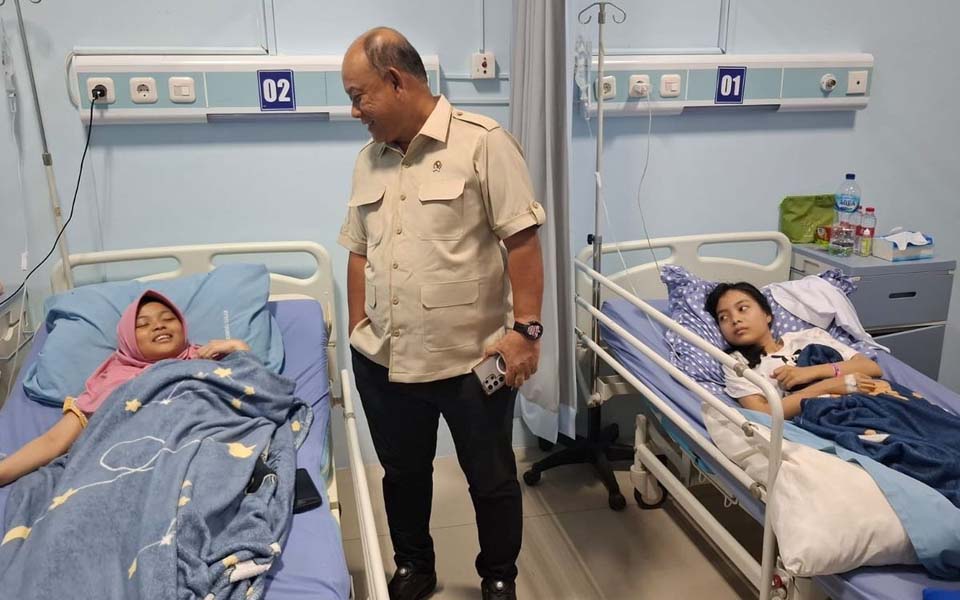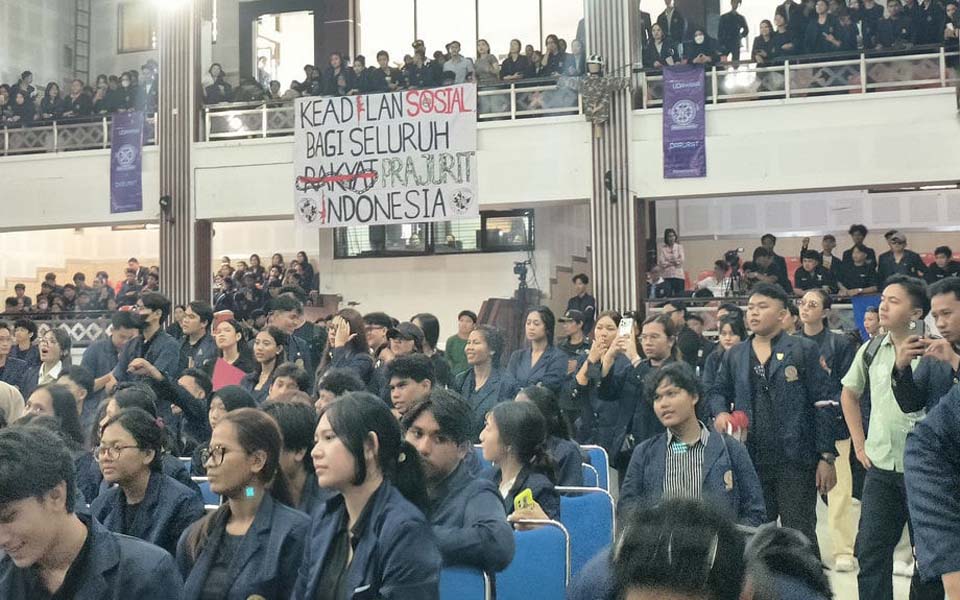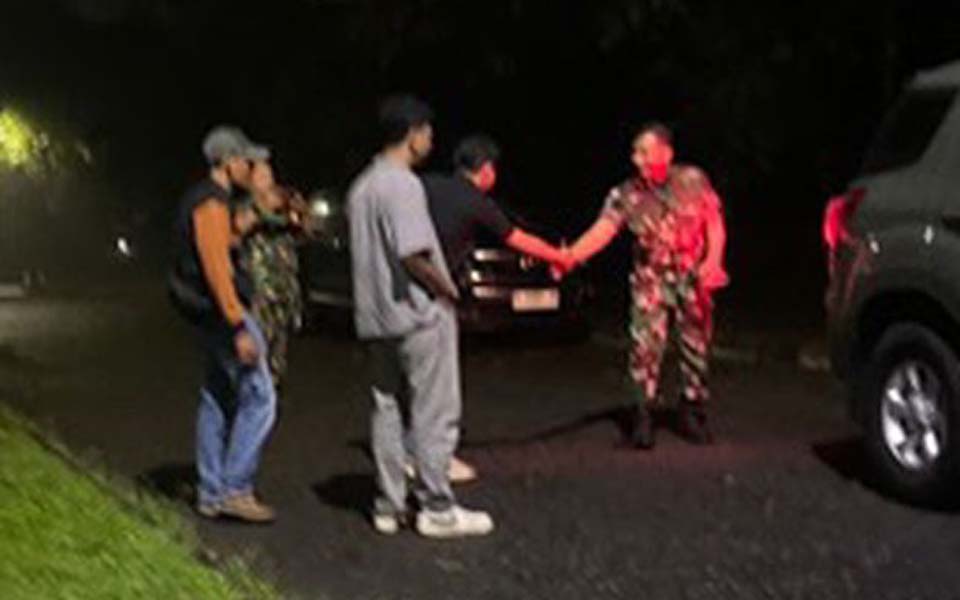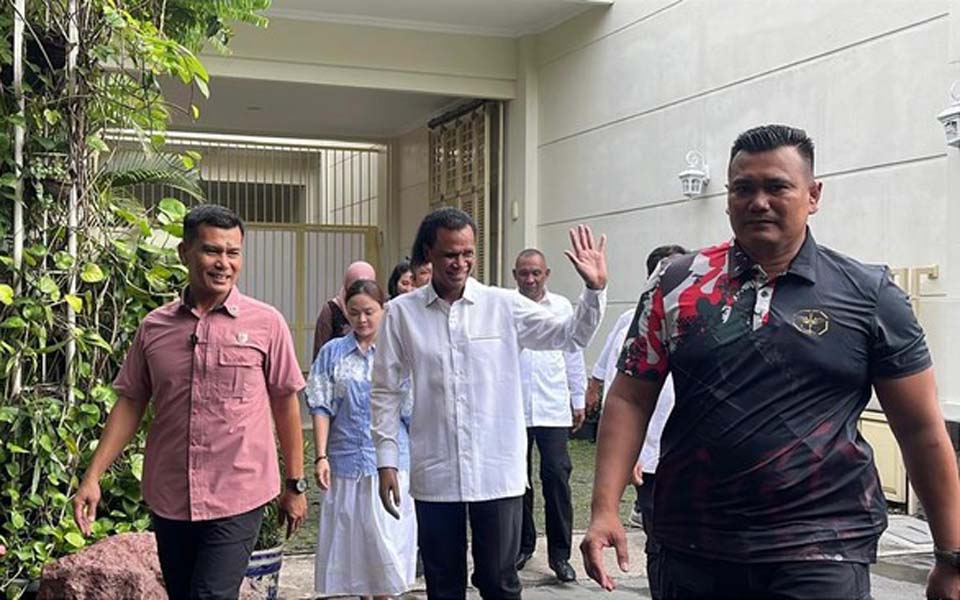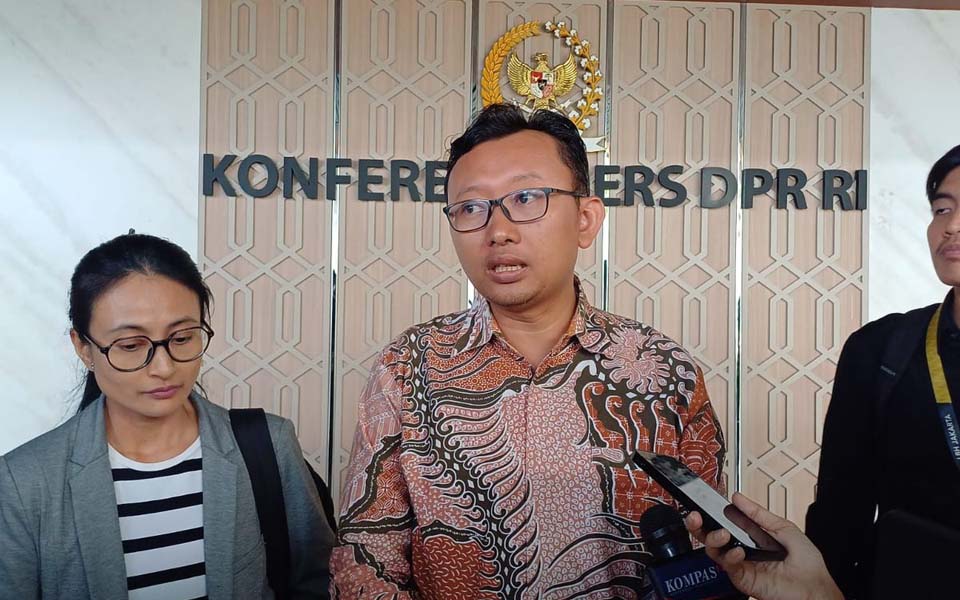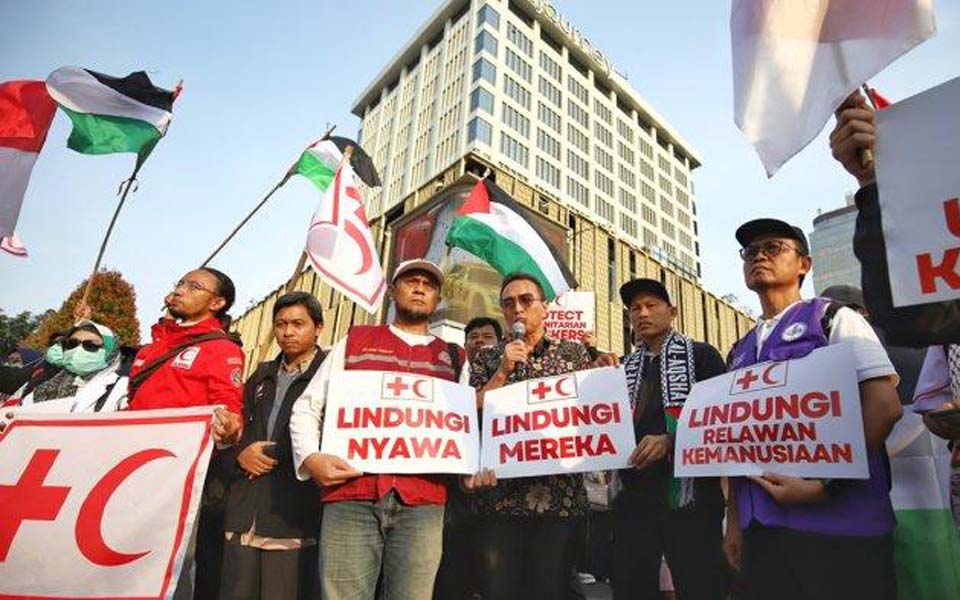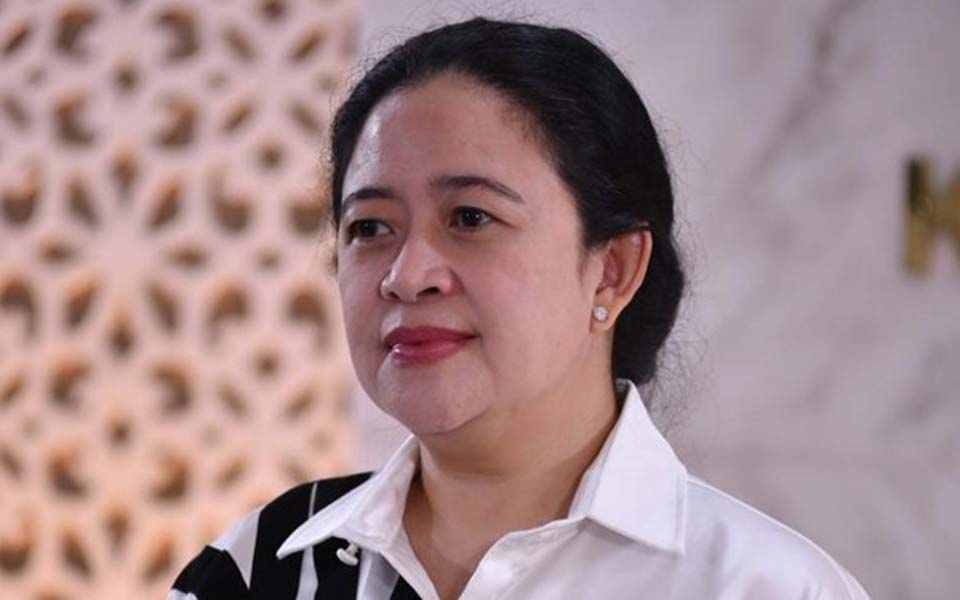Tatang Guritno, Jakarta – The House of Representatives (DPR) Legislative Body (Baleg) has agreed that the Draft Omnibus Law on Healthcare be taken to a plenary meeting to be approved as a DPR initiative.
Baleg Deputy Chairperson Achmad Baidowi said that out of the nine political party factions in parliament, the majority agree with the law being taken to a plenary meeting.
"Of the nine factions, the views of the mini fractions [in the Baleg] have been read out, and eight declared their agreement to proceed to the next stage, namely that in a plenary session it will be proposed as a DPR initiative with a number of provisos. Of course these provisos can be raised again when it's deliberated", said Baidowi at the DPR building in Jakarta on the evening of Tuesday February 7.
Baidowi, who is known by his friends as Awiek, said that the only fraction that disagreed was the Justice and Prosperity Party (PKS). According to Baidowi, the PKS' views will still be heard as a part of democracy.
He also claimed that there has been public participation in the drafting of the draft law. Despite this however, the law is still attracting support and opposition.
One of these is the Indonesian Doctors Association (IDI) that from the start sees the law as harming employees in the healthcare sector.
IDI opposition to law
IDI Deputy Chairperson Slamet Budiarto has previously conveyed their opposition to the draft law on healthcare. He even threatened that they will hold even more massive protests if the DPR insists on proceeding to deliberate the law.
"We will hold actions against the law that perhaps are even more massive by organising other healthcare professions, and social organisations", said Budiarto during a press conference at the DPR building in Senayan, Jakarta, on Monday January 16.
He then explained that three reasons why the IDI rejects the draft healthcare law. First, all the different laws on healthcare profession will be annulled.
"It needs to be known that every country in the world, all of them have such laws, laws on medical practitioners, laws on nursing, with this omnibus law all of them will be annulled", he said.
Second, the draft law gives the authority to test the competency of doctors and other healthcare workers to the Health Ministry and regional governments.
In the IDI's view, this is the domain of the IDI and other healthcare professional organisations.
This is because the government already has the authority to issue licenses for practices and many health workers in the government are no longer working in the field. This situation, according to Budiarto, will endanger public health and safety.
"The public does not know which doctors are appropriate, which we regulate, that professional organisations determine their competence and ethics, and we will always be responsible to the public. In the omnibus law however, this (policy) is eliminated", he said.
Labour Party rejects law
Labour Party General Chairperson Said Iqbal said that they agree with the IDI's position of opposing the draft healthcare law.
Iqbal believes that the law will create a situation in the healthcare world that not ideal, by opening up space for the emergence of several organisations.
Second, Iqbal feels that workers will lose out because matters related to the Social Security Management Agency (BPJS) are also regulated under the law.
He said that the BPJS should not be regulated under the law and moreover, the public has not been involved in discussions on the law.
"BPJS healthcare and labour is public money. If they want to change this there must be public hearings, open [discussions] at the DPR. We don't trust them, a motion of no confidence in the DPR", said Iqbal not long ago.
[Translated by James Balowski. The original title of the article was "RUU Kesehatan Omnibus Law: Diprotes IDI dan Partai Buruh, tapi Tetap "Digas" DPR".]






